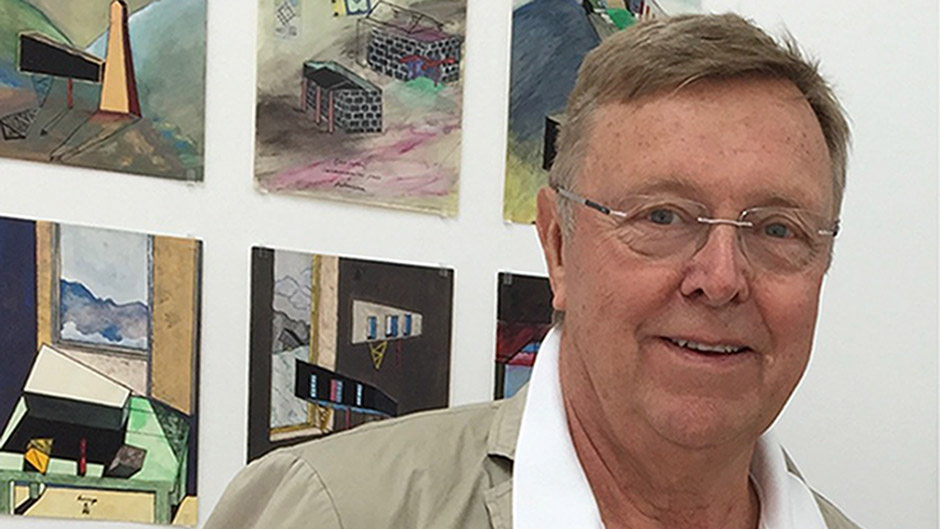Visiting Professor at U-SoA, Lars Lerup will lead the 2019 Vincent Scully Seminar, American Architecture and Urbanism lecture series / course, using a historical lens to examine current urbanization. Per Lars, “An urban analysis is essential for the preparation of an argument for a particular architectural solution. We are fairly familiar with historical analysis of urban settings but much less with the dynamic analytics born out of the process of urbanization. The course will center on a series of case studies drawn from European, North and South American cities.”
The course, will focus on three subject areas: the analysis of four historical cities ( Pompeii, Bern, Saint Augustin and Savannah) from a modern perspective; the analysis of the modern city through various lenses ranging from entire cities, and architectural projects in cities. (Houston, A Generic Downtown, A Museum in Dallas, A traffic hub in Brussels, A Parking Garage in South Beach.); and under the rubric of Assemblage Thinking, will explore a new way to analyze cities by using case studies of urban activities. (commuting, shopping, housing, exercising.)
Urbanization has taken control of all architectural production. Each project is intimately connected complex urban processes. It is no longer possible to think of architectural projects as isolated events confined to a specific site. This requires a new set of analytical tools in a greatly expanded context. For example, it is no longer possible to design a modern building in Southern Florida without taking eminent flooding into account. This duality of project and context will underline all of the case studies. Lars adds that he expects each student to walk away from the seminar with a set of analytical tools that will assist in the preparation of architectural projects.
When asked how Prof. Lars Lerups’ lectures connect with the Scully Legacy, Prof. Lerup remarked,
“Each discipline in any profession uses a specific set of tools to deal with the same subjects—as is the case of a seminar centered on Architecture and Urbanism. It would be both naïve and pretentious to attempt to match Vincent Scully’s astonishing historical insights and output. However, his decision to join architectural and urban history was from an urbanists point of view not only innovative but sheer prescience, fully anticipating the urban concerns of the 21st century. In this sense, this seminar attempts to lay out the next chapter of the joint concern for the evolution of thinking about Architecture and the City.”

